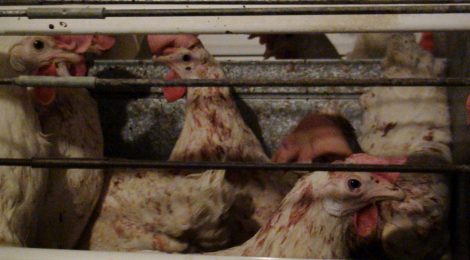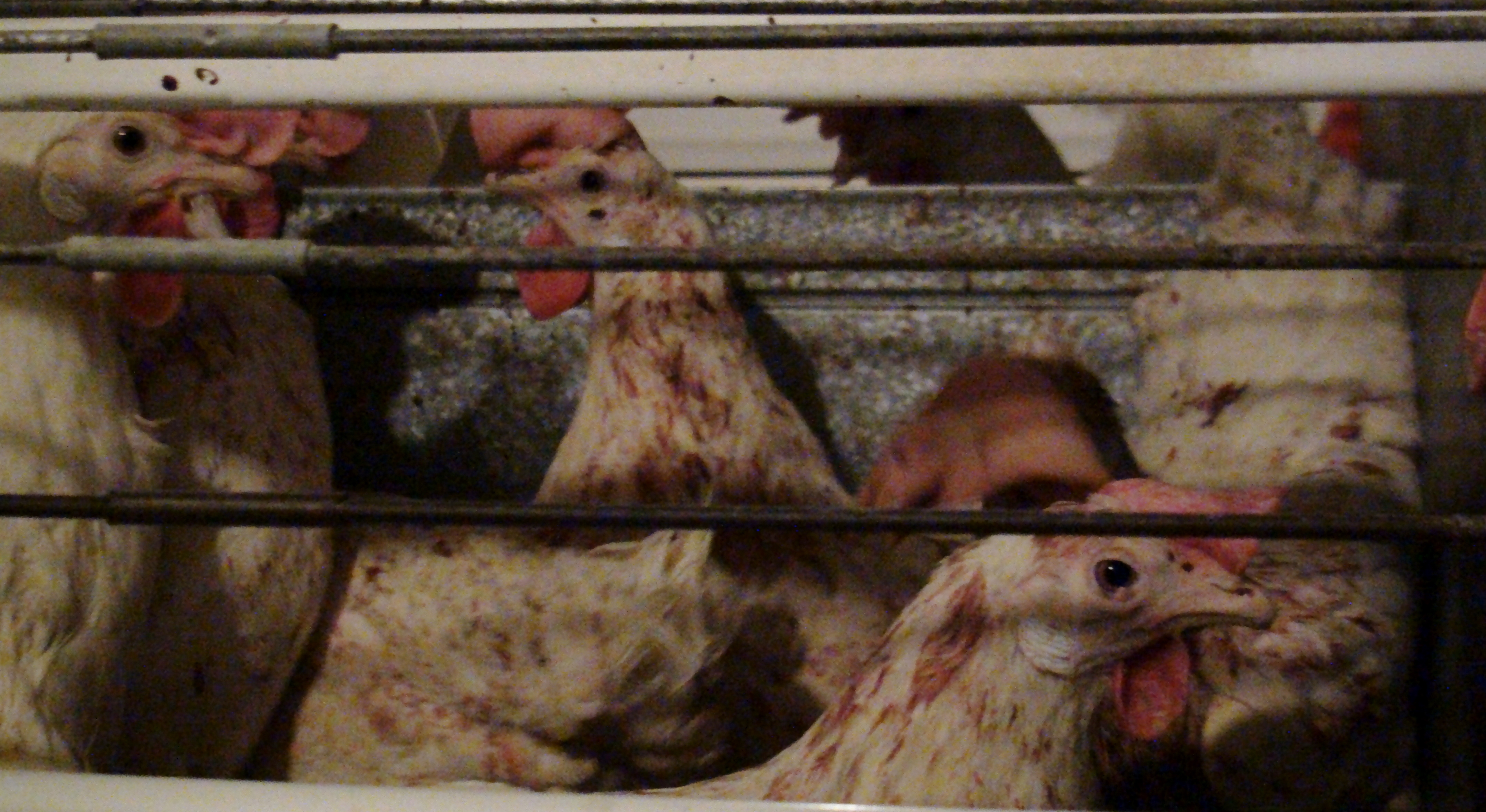
Demand mandatory method of production labelling
At present in Canada, food producers and packagers can make unverified and even misleading claims regarding the conditions in which their animals are raised on food packages.
For instance, apart from a few exceptions (see * below), companies can claim that their products are “free run” or “free range” while there is no government or independent third party inspection to verify the claims. Producers can also freely use a variety of terms such as “farm fresh” or “animal-friendly”, or images of animals, farms or farmers in the countryside, suggesting that the food sold comes from animals who have been farmed outdoors. Yet there are no standards to compare the claims to, no inspections to assess the claims, and in reality the animals may have been farmed intensively with poor welfare standards.
Additionally, more and more animals are killed without being stunned prior to slaughter, which is a growing consumer concern, yet there is often no mention of this fact on the product label.
You can help change this by sending your thoughts to the CFIA regarding its Food Labelling Modernization Initiative. Email the committee at: CFIA-Modernisation-ACIA@inspection.gc.ca explaining that Canadian consumers presently do not have enough information under the Food labelling regulations to consider animal welfare factors when buying food, and ask that:
• method of production labelling be mandatory in the short term on the label of all animal products, and in the long term applies to animal ingredients present in processed foods as well. For example, eggs could be labelled ‘eggs from caged hens’, ‘barn eggs’ or ‘free range eggs’;
• a mandatory “ritually killed: animals not stunned prior to slaughter” label be present on all products from animals killed without prior stunning;
• the veracity of the method of production labelling be assessed (certified) by government or an independent third party; and,
• producers be prohibited from using method of production labels others than those that would be officially recognized under the Food Labelling regulations.
Thank you for lending your voice to help farmed animals.
* exceptions include SPCA certified, and certified organic foods. Farms under these certification programs are inspected, however, may not ensure that animals are housed under the highest welfare standards. For example, some of these certification programs allow chickens and pigs to be housed solely indoor in factory farm conditions, and may even in some cases include the use of “tie-stalls” (ie chaining) for lactating dairy cows. Mandated method of production labeling would provide consumers with clear information on the exact nature of animal housing used.



